No products in the cart.
Sale
WZH-15-125 | CAS No. 2845188-22-7
Original price was: $38.00.$26.00Current price is: $26.00.
WZH-15-125 is a next-generation ALK inhibitor with significant activity against resistant ALK mutations. It shows an IC50 of 101.7 nM against the difficult-to-treat G1202R/L1196M double mutation that is resistant to Lorlatinib. Additionally, it can be used as a ligand for PROTAC development, offering versatile applications in NSCLC research and resistance studies.
Description
Contents
hide
Product Description
Introduction
WZH-15-125 is a potent ALK tyrosine kinase inhibitor designed to overcome one of the most challenging issues in targeted cancer therapy—drug resistance caused by secondary and compound ALK mutations. As resistance inevitably arises in patients treated with first- and second-generation ALK inhibitors such as crizotinib, ceritinib, alectinib, brigatinib, and even the third-generation Lorlatinib, novel inhibitors capable of tackling refractory mutations are of critical importance.
Among the most difficult resistance mechanisms are the G1202R mutation and the compound G1202R/L1196M mutation, which greatly impair the efficacy of Lorlatinib, previously considered the “last-line” ALK inhibitor. WZH-15-125 directly addresses this challenge, exhibiting IC50 = 101.7 nM against G1202R/L1196M, a highly resistant double mutant.
Research Significance
Overcoming Lorlatinib Resistance
Lorlatinib (PF-06463922) was designed as a broad-spectrum ALK/ROS1 inhibitor, but even it fails against certain compound mutations. WZH-15-125’s ability to inhibit the G1202R/L1196M mutation makes it one of the rare compounds suitable for studying post-Lorlatinib resistance mechanisms.Versatility in Drug Development
WZH-15-125 is not only an inhibitor but also a building block in PROTAC design. By serving as a target protein ligand, it can be incorporated into PROTACs such as WZH-17-002 (HY-174315). This dual functionality allows researchers to explore both traditional kinase inhibition and degradation-based strategies.Implications for NSCLC
Non-small cell lung cancer (NSCLC) accounts for approximately 85% of lung cancers, and ALK rearrangements are an important oncogenic driver in 3-7% of cases. These patients typically respond well to ALK inhibitors initially but eventually develop resistance. Compounds like WZH-15-125 provide the foundation for studying resistance mechanisms, structural evolution of ALK inhibitors, and new therapeutic strategies.Structural and Pharmacological Advantages
WZH-15-125’s chemical design incorporates modifications that improve binding affinity, steric adaptability, and resistance mutation coverage. These properties enable it to fit into the altered binding pocket of ALK mutants, maintaining inhibitory potency where Lorlatinib and other inhibitors fail.
Research Applications
Advanced NSCLC research involving ALK-rearranged tumors.
Drug resistance studies, particularly against G1202R and compound mutations.
Comparative analysis with Lorlatinib and next-generation ALK inhibitors.
PROTAC development as a ligand for ALK degradation.
Preclinical pharmacology to evaluate new strategies in kinase inhibition.
Product Specifications
| Parameter | Details |
|---|---|
| Product Name | WZH-15-125 |
| CAS Number | 2845188-22-7 |
| Synonyms | ALK inhibitor WZH-15-125, Compound targeting ALK mutants |
| Molecular Target | Anaplastic lymphoma kinase (ALK) |
| Key Activity | Inhibition of ALK wild type and resistant mutants |
| Mutation Coverage | Effective against G1202R/L1196M compound mutation |
| IC50 (G1202R/L1196M) | 101.7 nM |
| Parent Reference | Overcomes resistance to Lorlatinib (HY-12215) |
| Research Use | NSCLC models, drug resistance studies, PROTAC ligand |
| Related Compounds | WZH-17-002 (PROTAC derivative), Lorlatinib |
| Appearance | White/off-white solid powder |
| Purity | ≥98% (HPLC) |
| Solubility | Soluble in DMSO, ethanol |
| Storage Conditions | -20°C, dry, protected from light |
| Shelf Life | ≥2 years under proper storage |
| QC Tests | HPLC, NMR, MS verification |
Mechanism of Action
1. ALK Inhibition
WZH-15-125 binds competitively to the ATP-binding site of ALK kinase. By occupying this site, it prevents phosphorylation and activation of downstream signaling pathways such as PI3K/AKT, MAPK/ERK, and STAT3, which are essential for cancer cell proliferation and survival.
2. Overcoming Compound Mutations
L1196M (Gatekeeper mutation) alters the steric environment of ALK, reducing inhibitor binding.
G1202R (Solvent-front mutation) introduces a bulky arginine residue, drastically impairing binding affinity for most ALK inhibitors.
Compound G1202R/L1196M creates a dual structural barrier that even Lorlatinib cannot overcome.
WZH-15-125, through optimized molecular geometry, retains inhibitory potency against this ultra-resistant mutation, offering researchers a tool to study how structural adaptation can overcome dual resistance.
3. Role in PROTACs
WZH-15-125 is not limited to inhibition—it can act as a ligand for targeted protein degradation. By linking WZH-15-125 to an E3 ligase ligand (e.g., VHL or CRBN) via a linker, researchers can generate PROTACs such as WZH-17-002, which degrade ALK proteins instead of merely inhibiting them. This dual mechanism approach (inhibition + degradation) opens avenues for exploring long-term resistance suppression.
4. Pharmacological Implications
High selectivity for ALK, minimizing off-target effects in experimental settings.
Potential CNS penetration, similar to Lorlatinib, useful for studying brain metastases.
Versatility in resistance research, as it can model both inhibition and degradation strategies.

Side Effects
As a research compound only, side effects are extrapolated from ALK inhibitor pharmacology and PROTAC studies:
Metabolic Changes: Possible dyslipidemia and altered glucose regulation.
Neurological Impact: ALK inhibitors with CNS penetration may affect cognitive or behavioral parameters in animal models.
Cardiac Effects: Potential QT prolongation observed with ALK-targeting agents.
Hepatic Impact: Possible elevation of liver enzymes in prolonged studies.
Resistance Dynamics: Long-term exposure may induce secondary resistance, making it a useful tool for studying adaptive pathways.
Safety Handling
Laboratory use only.
Wear gloves, goggles, and lab coats.
Handle under BSL-2 protocols.
Disclaimer
WZH-15-125 is intended for laboratory research only. It is not approved for human or veterinary use.
Keywords
WZH-15-125, ALK inhibitor, compound mutation inhibitor, G1202R/L1196M inhibitor, Lorlatinib resistance, NSCLC research, PROTAC ligand, WZH-17-002 precursor, CAS 2845188-22-7.
Shipping Guarantee
Orders are shipped with customs clearance, insurance, and tracking to ensure safe delivery.
Transaction Guarantee
Supports T/T, PayPal, cryptocurrency, and secure invoicing for all transactions.
Additional information
| Weight | 0.9 kg |
|---|---|
| Dimensions | 82 × 43 × 82 cm |
1. What is WZH-15-125?
A potent ALK inhibitor effective against resistant ALK mutations.
2. What is its CAS number?
CAS No. 2845188-22-7.
3. What makes WZH-15-125 unique?
Its ability to inhibit the G1202R/L1196M compound mutation, which is resistant to Lorlatinib.
4. Can it be used in PROTAC research?
Yes, WZH-15-125 serves as a target protein ligand to synthesize PROTAC WZH-17-002.
5. What is its IC50 for the compound mutation?
101.7 nM for G1202R/L1196M.
6. What is its research application?
NSCLC resistance research, PROTAC development, and ALK structural studies.
7. Is it clinically approved?
No, it is strictly for research use only.
8. What solvents can dissolve WZH-15-125?
DMSO and ethanol.
9. How should it be stored?
At -20°C, dry, protected from light.
10. How does it compare to Lorlatinib?
WZH-15-125 overcomes compound mutations resistant to Lorlatinib, making it more effective in refractory cases.
11. Can it cross the blood-brain barrier?
It is designed with CNS penetration potential, making it suitable for brain metastasis research.
12. What payment options are available?
T/T, PayPal, and cryptocurrency.

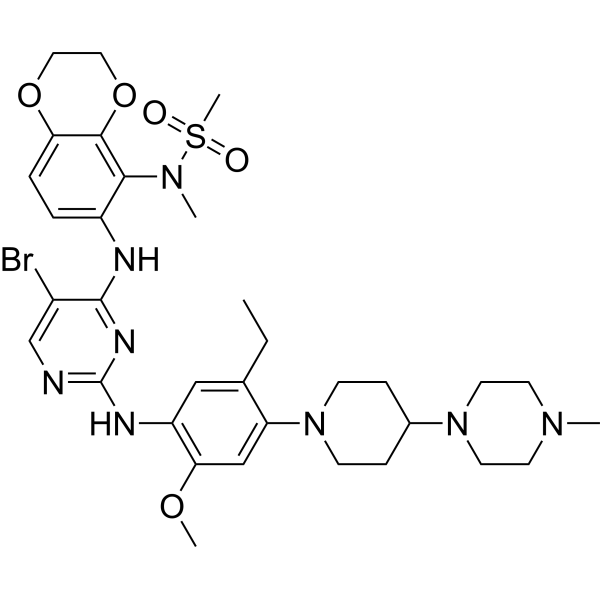

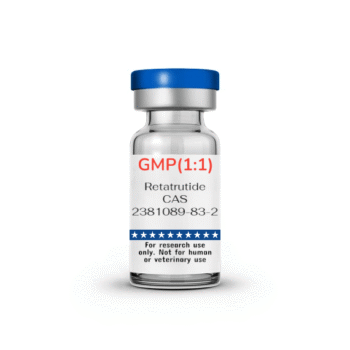
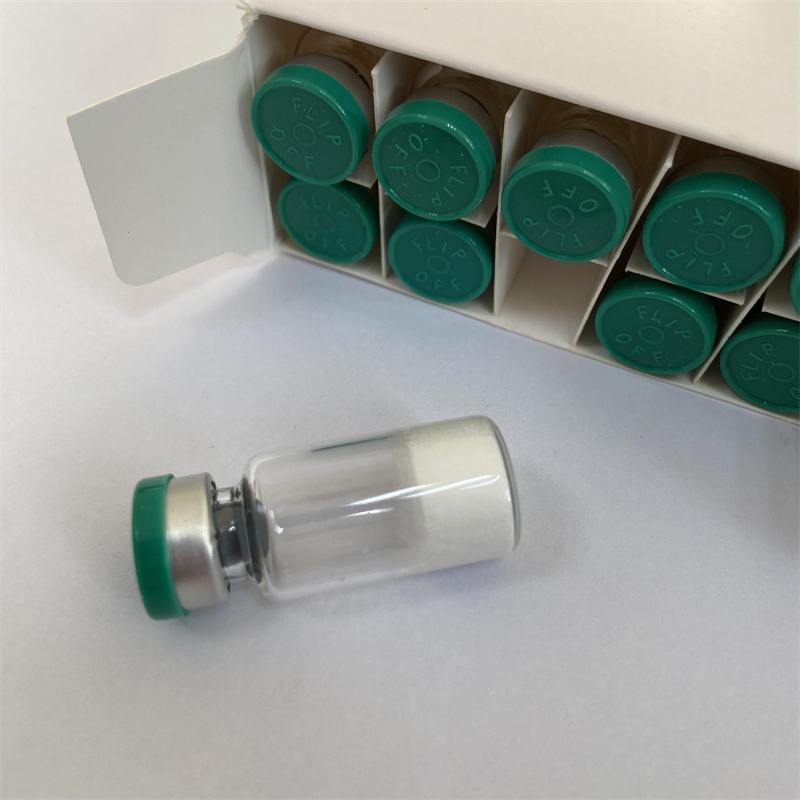



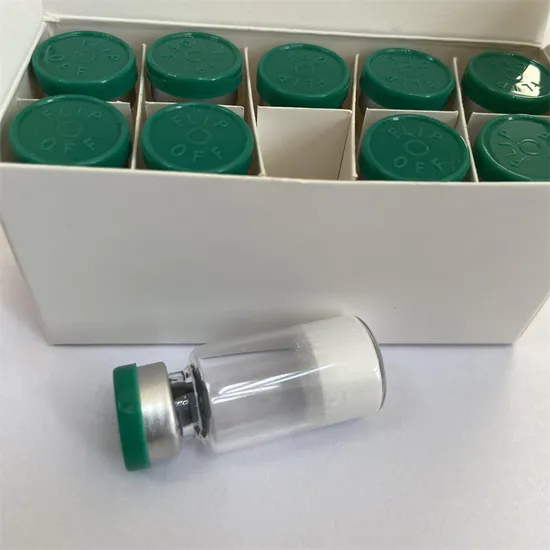
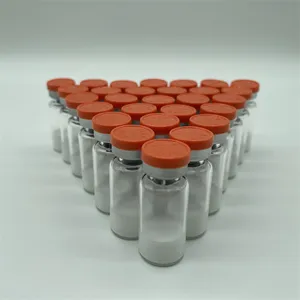
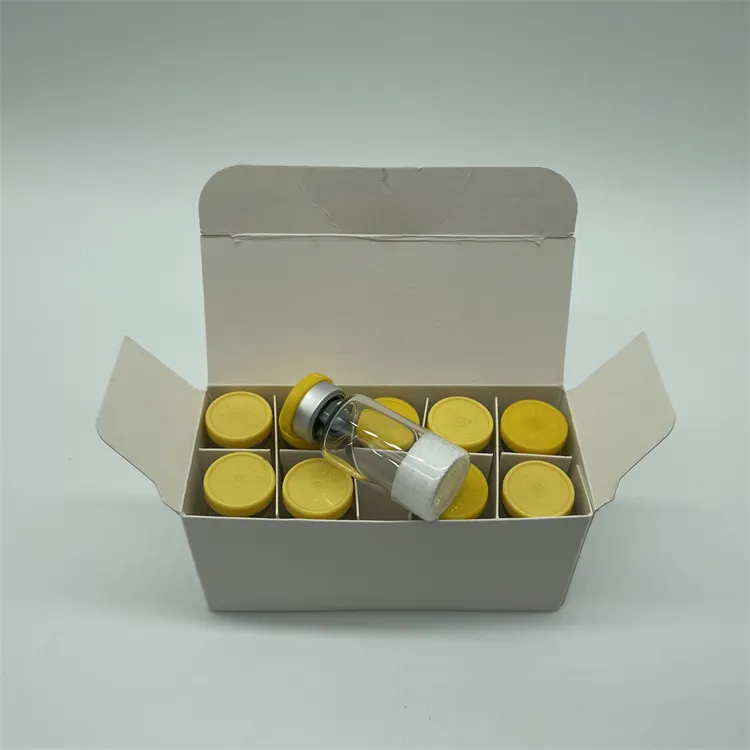

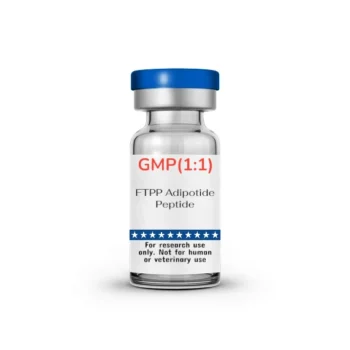
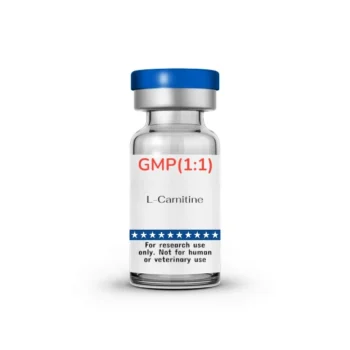
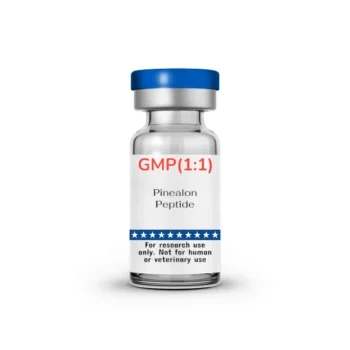

Reviews
There are no reviews yet.